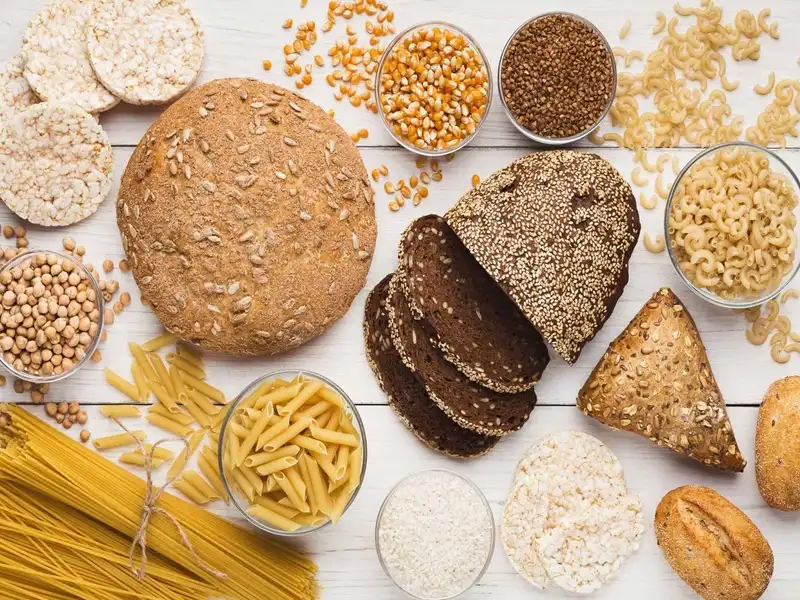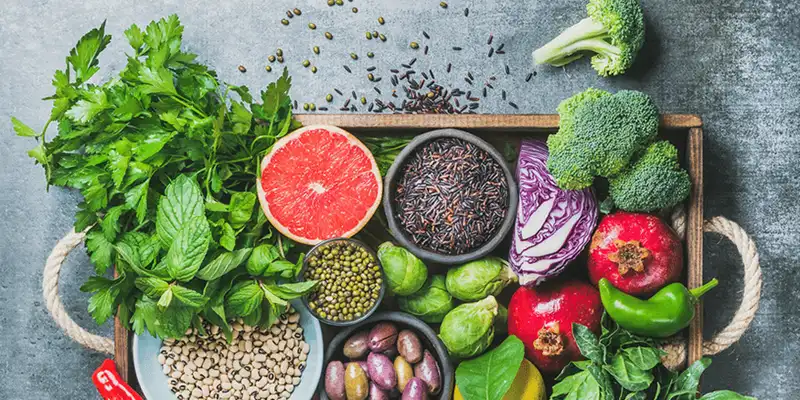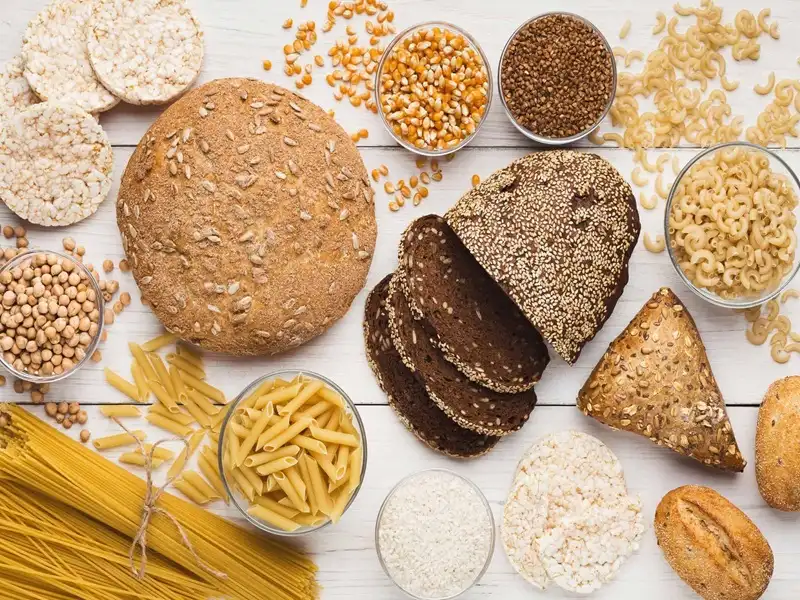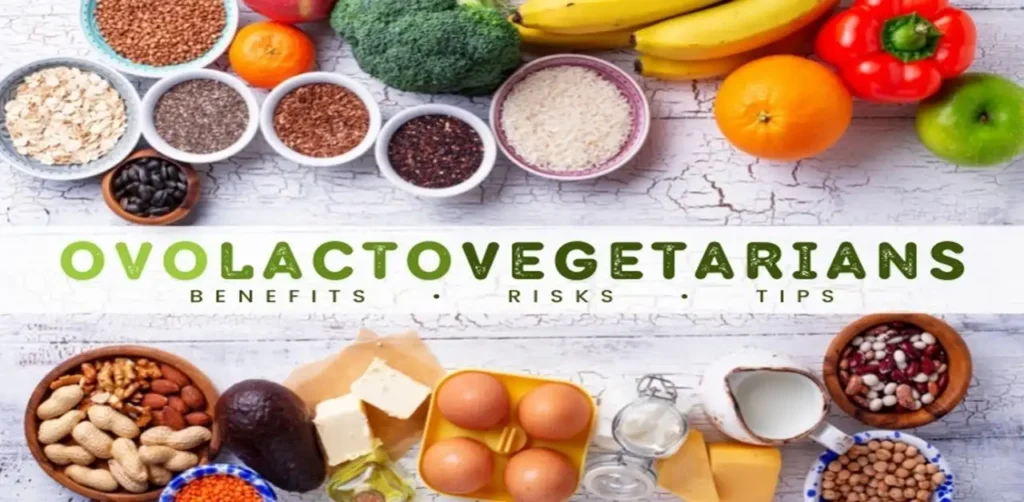Celiac disease, also known as Gluten Sensitive Enteropathy, is a chronic autoimmune disorder where the ingestion of gluten leads to damage in the small intestine. Gluten, a protein found in wheat, barley, and rye, triggers an immune response in individuals with celiac disease, causing inflammation and damage to the intestinal lining. This damage impairs nutrient absorption, leading to various health issues. Managing celiac disease involves adhering to a strict gluten-free diet, which can significantly improve symptoms and overall health.
Understanding Celiac Disease and Its Impact
Celiac disease affects about 1% of the global population, and its prevalence is increasing. Symptoms can vary widely among individuals and can include gastrointestinal issues, skin rashes, fatigue, and even neurological symptoms. Long-term consequences of untreated celiac disease include malnutrition, anemia, osteoporosis, and an increased risk of other autoimmune disorders.
Diagnosis and Treatment
Diagnosis typically involves a combination of blood tests and a biopsy of the small intestine. Once diagnosed, the only effective treatment is a lifelong adherence to a gluten-free diet. This means avoiding all foods containing wheat, barley, rye, and their derivatives.

Essential Elements of a Celiac-Friendly Diet
Gluten-Free Foods
A celiac-friendly diet centers around consuming gluten-free foods. Naturally gluten-free foods include:
- Fruits and vegetables
- Meat and poultry
- Fish and seafood
- Dairy products
- Beans, legumes, and nuts
Grains and starches that are safe for celiac sufferers include:
- Rice
- Corn
- Quinoa
- Millet
- Buckwheat
- Amaranth
- Potatoes
It’s crucial to read labels carefully, as gluten can be hidden in sauces, dressings, and processed foods.

Celiac Disease Nutrition
Maintaining a balanced diet is essential for those with celiac disease. Proper nutrition helps to repair intestinal damage and prevents deficiencies. Key nutrients to focus on include:
- Fiber: Often lacking in a gluten-free diet, fiber is essential for digestive health. Include high-fiber gluten-free grains, fruits, and vegetables in your diet.
- Iron: Celiac disease can lead to iron-deficiency anemia. Incorporate iron-rich foods like lean meats, beans, and leafy greens.
- Calcium and Vitamin D: These nutrients are vital for bone health, especially since celiac disease can increase the risk of osteoporosis. Consume dairy products, fortified plant milks, and leafy greens.
- B Vitamins: Gluten-free grains often lack B vitamins. Ensure adequate intake through a variety of foods or supplements if necessary.
Celiac Nutrition Tips
- Plan Ahead: Always have gluten-free snacks and meals available, especially when traveling or eating out.
- Read Labels: Look for gluten-free certification on packaged foods.
- Cross-Contamination: Be cautious about cross-contamination in shared kitchens. Use separate utensils and appliances.
- Diversify Your Diet: Incorporate a wide range of gluten-free grains and fresh foods to ensure nutrient variety.
- Consult a Dietitian: Work with a healthcare provider to tailor your diet to your specific nutritional needs.

Best Foods for Celiac
Here are some of the best foods to include in a celiac-friendly diet:
- Quinoa: A versatile grain that is high in protein and fiber.
- Buckwheat: Despite its name, buckwheat is gluten-free and rich in nutrients.
- Chia Seeds: Packed with fiber, omega-3 fatty acids, and antioxidants.
- Sweet Potatoes: A nutritious and delicious source of carbohydrates.
- Leafy Greens: Spinach, kale, and other greens provide essential vitamins and minerals.
Celiac Nutrition Therapy
Nutrition therapy for celiac disease involves not only eliminating gluten but also ensuring that the diet is nutritionally adequate. This often requires:
- Supplementation: Depending on individual needs, supplements for iron, calcium, vitamin D, and B vitamins may be necessary.
- Regular Monitoring: Periodic follow-ups with a healthcare provider to monitor nutrient levels and gut health.

Delicious Celiac-Friendly Recipes and Meal Ideas
Adopting a gluten-free lifestyle doesn’t mean sacrificing taste. Here are some meal ideas and recipes to keep your diet exciting and nutritious:
Breakfast
- Quinoa Porridge: Cook quinoa with almond milk, cinnamon, and honey. Top with fresh berries and nuts.
- Smoothie Bowl: Blend spinach, banana, almond milk, and chia seeds. Top with gluten-free granola and sliced fruits.
Lunch
- Chicken and Avocado Salad: Mixed greens, grilled chicken, avocado, cherry tomatoes, and a lemon vinaigrette.
- Stuffed Peppers: Bell peppers stuffed with quinoa, black beans, corn, and a sprinkle of cheese.
Dinner
- Baked Salmon with Sweet Potatoes: Salmon fillet seasoned with herbs, served with roasted sweet potatoes and steamed broccoli.
- Zucchini Noodles with Pesto: Spiralized zucchini with homemade basil pesto and cherry tomatoes.
Snacks
- Hummus and Veggie Sticks: Fresh carrots, cucumbers, and bell peppers with a side of hummus.
- Fruit and Nut Bars: Homemade bars made with dates, nuts, and seeds.

Foods to Avoid with Celiac
It’s equally important to know which foods to avoid. These include:
- Wheat: Including spelt, farro, and durum.
- Barley: Found in malt, soups, and beer.
- Rye: Common in breads and certain cereals.
- Triticale: A cross between wheat and rye.
- Processed Foods: Many processed foods contain hidden gluten, so always check labels.
Finding Healthy Food Near You
Living with celiac disease can be challenging, but finding healthy, gluten-free food shouldn’t be. Whether you’re dining out or ordering in, there are plenty of options available. Websites like IntRest make it easy to find and order healthy food meals tailored to your dietary needs. With filters for diseases, allergies, diets, and user interests, IntRest ensures that you can enjoy delicious and nutritious meals without the worry of gluten contamination.
Managing celiac disease requires a commitment to a gluten-free lifestyle, but with the right knowledge and resources, it can be a rewarding journey. By focusing on a celiac-friendly diet, incorporating gluten-free foods, and following nutrition tips, you can lead a healthy and fulfilling life. Explore the variety of celiac-friendly recipes and meal ideas to keep your diet enjoyable and diverse. And remember, for convenient and healthy food options, you can always rely on IntRest to cater to your specific needs.



